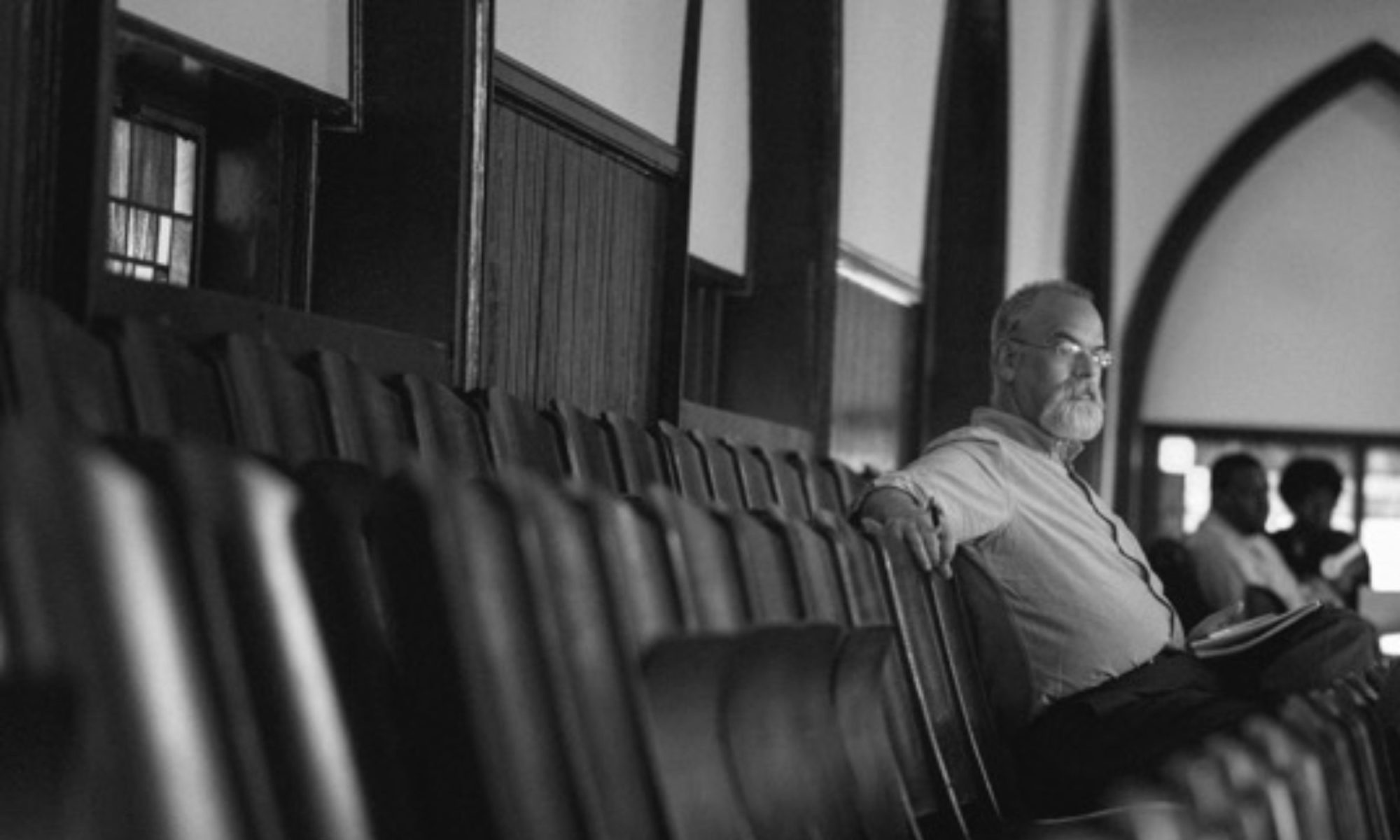A few weeks ago, U.S. Senator Dianne Feinstein stirred up a hornet’s nest by criticizing the beliefs of judicial nominee Amy Barrett during a hearing.
Barrett described herself as a “faithful Catholic.” That bothered Feinstein, who implied that Barrett’s faith disqualified her.
“The dogma lives loudly within you,” Feinstein said, according to published reports. “And that’s of concern when you come to big issues that large numbers of people have fought for for years in this country.”
This exchange made Barrett’s beliefs into headline news. That got New York Times reporter Laurie Goodstein thinking: “What does Barrett believe.”
Like any good beat reporter, Goodstein went digging. What she found was fascinating. Barrett is a member of the People of Praise, an “ecumenical, covenant community” with ties to the Catholic charismatic movement.
Among the group’s practices: a belief in the gifts of the Holy Spirit, such as healing and speaking in tongues, and the practice of spiritual oversight, where each member is assigned a mentor or spiritual guide. They also have a missionary bent:
“As a community, and together with the whole Church, we pray for a continued outpouring of the Holy Spirit in our time, so that all men and women might come to know, love and serve Jesus,” the group’s site states.
Goodstein found that at times, the People of Praise have been accused of trying to control their members’ lives. Among their critics is one of the group’s founders. who wrote a paper describing them as “not reliable guides.”
Goodstein also scored a coup: getting the group’s leader on the phone. (As someone who has covered small sects and religious communities for years, that’s no small task. Usually, people go running when I call.)
Craig S, Lent, the group’s coordinator, laid out the group’s beliefs. They don’t control members and individual members have to discern God’s will for their lives, he told Goodstein, Lent also addressed critics, who worried that the group would try to influence Barrett’s decision on the bench.
“If and when members hold political offices, or judicial offices, or administrative offices, we would certainly not tell them how to discharge their responsibilities,” he told the times.
To recap: The religious beliefs of a judicial nominee became a matter of public discussion and controversy. A reporter tracked down the nominee’s specific beliefs, asked questions of whether that nominee had tried to hide those beliefs, and got the leader of the nominee’s religious committee to answer questions raised by critics.
The piece was textbook religion beat writing.
There’s been some criticism of the article as a “hit piece,” as if reporting on Barrett’s beliefs is somehow hostile.
Still, the controversy over Barrett raises some important questions about religious liberty. In the past, politicians and talking heads have questioned whether Catholics or Muslims can hold public office–arguing that those faiths undermine the loyalties of their followers, making them less patriotic. More recently, Senator Bernie Sanders argued that believing hell disqualified an evangelical nominee from public office,
But there’s a big difference between a Senator who discriminates against a nominee on the basis of their religion — and a reporter who asks about a nominee’s faith. One is a religious test for office. The other is reporting 101,
My two cents: We need more reporters who are willing to ask Americans of all stripes about what they believe and about how those beliefs — or unbeliefs — shape their lives. Religion is not going anywhere –and if we’re going to get along as Americans, we need to get how religion works.
That’s a not a hit piece. It’s journalism 101.
